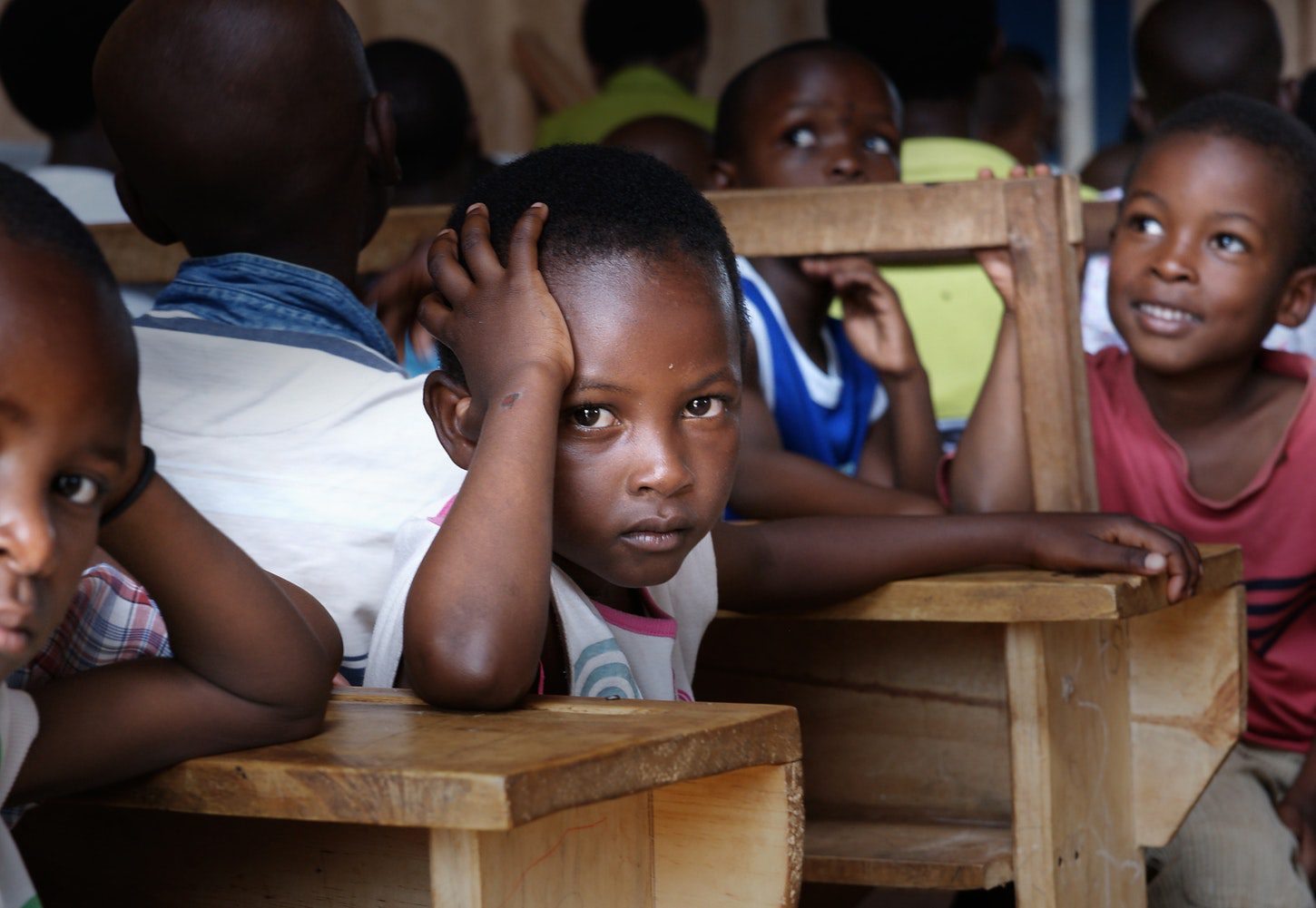Last week, Nigeria’s Minister of Education, Adamu Adamu, admitted that the state of education in the country is poor. He suggested that to save the system, federal and state governments must commit at least 15 percent of their annual budget to improve the sector.
There is no contending the deplorable standard of education in Nigeria—at least since the return to democratic government in 1999. However, the sector did not choose to collapse on its own. It is greatly due to the poor quality of teaching and the inadequate funding of schools.
They are the primary reasons why Nigeria continues to struggle to meet the targets of the United Nations Sustainable Development Goal number four on education.
Many Unqualified Teachers
Access to quality education in rural areas is scarce. This is significant considering the fact that they are home to the majority of children in primary schools in the country.
Millions of them are out of school. The ones that are fortunate to be in schools are not exposed to the minimum teaching standards. Their schools are not secured, and neither do they have basic provisions like clean water, books or even furniture.
In this bad education environment, the absence of qualified teachers, especially in the state-funded schools, worsen the situation.
But it is important to underscore the fact that even the recruitment processes that bring in these teachers are not fair and credible. Ethnicity, religion, and party affiliation sometimes dictate who gets hired into what schools rather than competence.
This has resulted in the poor performance of these fortunate pupils. Still, the teachers are not entirely blamable. They are already among the most underpaid set of workers in Nigeria. The government and some private school owners, give little to no premium on teacher welfare and training.
Realizing this problem, the United Nations has provided that Nigeria and other countries with similar educational problems, must hire and train 69 Million new teachers by 2030.
Poor Teaching Facility
Perhaps it might be fair to see to the arguments of some teachers that the underfunding of schools are to blame. It is obvious that most aspect of modern teaching relies on materials support. Many of which if not available, can really make teaching inefficient.
Maybe the teachers are simply handicapped to perform in the absence of necessary tools, just like in any other specialized field. In some regions of the country, though, public schools are deprived of state allocations based on politics.
There are claims by some schools of not benefiting from federal allocations in comparison to those in states under the ruling party. Likewise in private schools, internal corruption and the greediness of owners sometimes reduces the improvement in facilities. Significantly in reading materials.
[perfectpullquote align=”right” bordertop=”false” cite=”” link=”” color=”” class=”” size=””]Equally, if every teacher has continuous and unhindered access to professional development courses, they will be exposed to global best practices in their respective fields. This will translate to immediate success in the classrooms.[/perfectpullquote]
Parents in low-income communities cannot afford to purchase many of the basic textbooks. Those that can salvage something, often redistribute old books among their children, most of which are quickly outdated. It will be near impossible for the concerned children to meet the competency required in a fast-moving world.
Possible Solutions to Poor Education in Nigeria?
The best initial step toward helping the situation is for an immediate revision of the institutional framework of the Teachers Registration Council of Nigeria. The organization is the most important agent in ensuring the quality of teaching in elementary and secondary schools and as such must be subject to robust scrutiny.
It should be more proactive in achieving its foundational objectives of validating teaching licenses, providing instructional materials, and the monitoring of schools. These are key components of effective teaching in any community anywhere in the world.
If the council can simply operate by its own objectives, things will improve. Equally, if every teacher has continuous and unhindered access to professional development courses, they will be exposed to global best practices in their respective fields. This will translate to immediate success in the classrooms.
Of course, many teachers will still be recruited as rookies without the required training for achieving classroom success. What the council can also do to help them, is to design programs that will ease the integration process. Not just by granting licenses indiscriminately.
[perfectpullquote align=”right” bordertop=”false” cite=”” link=”” color=”” class=”” size=””]Unlike in these countries where private corporations are allowed to compete in open markets with little regulation, Nigerian companies make comparably low revenue because of over-regulation.[/perfectpullquote]
Private Corporations can Help too
Stakeholders often neglect the power of the private sector in the education process. In the higher income countries, many of the best schools—if not all—are supported by private corporations. It is the case with elementary schools and the institutions of higher learning many Nigerian politicians enroll their children in today.
The private corporations are important because the government cannot provide all that public schools require to efficiently function. But the corporations would not be so generous to donate large sums to the schools if they are not making enough.
Unlike in these countries where private corporations are allowed to compete in open markets with little regulation, Nigerian companies make comparably low revenue because of over-regulation.
It is simple. If we want the giant businesses to be more involved in our schools, we just have to get out of their way to do business, and not subject them to compulsory social responsibility.
Jacob Sule is an intern at African Liberty and the Founder of iRead to Live Initiative, a non-profit that helps poor students in Nigeria and their teachers to achieve efficiency in the classroom.

